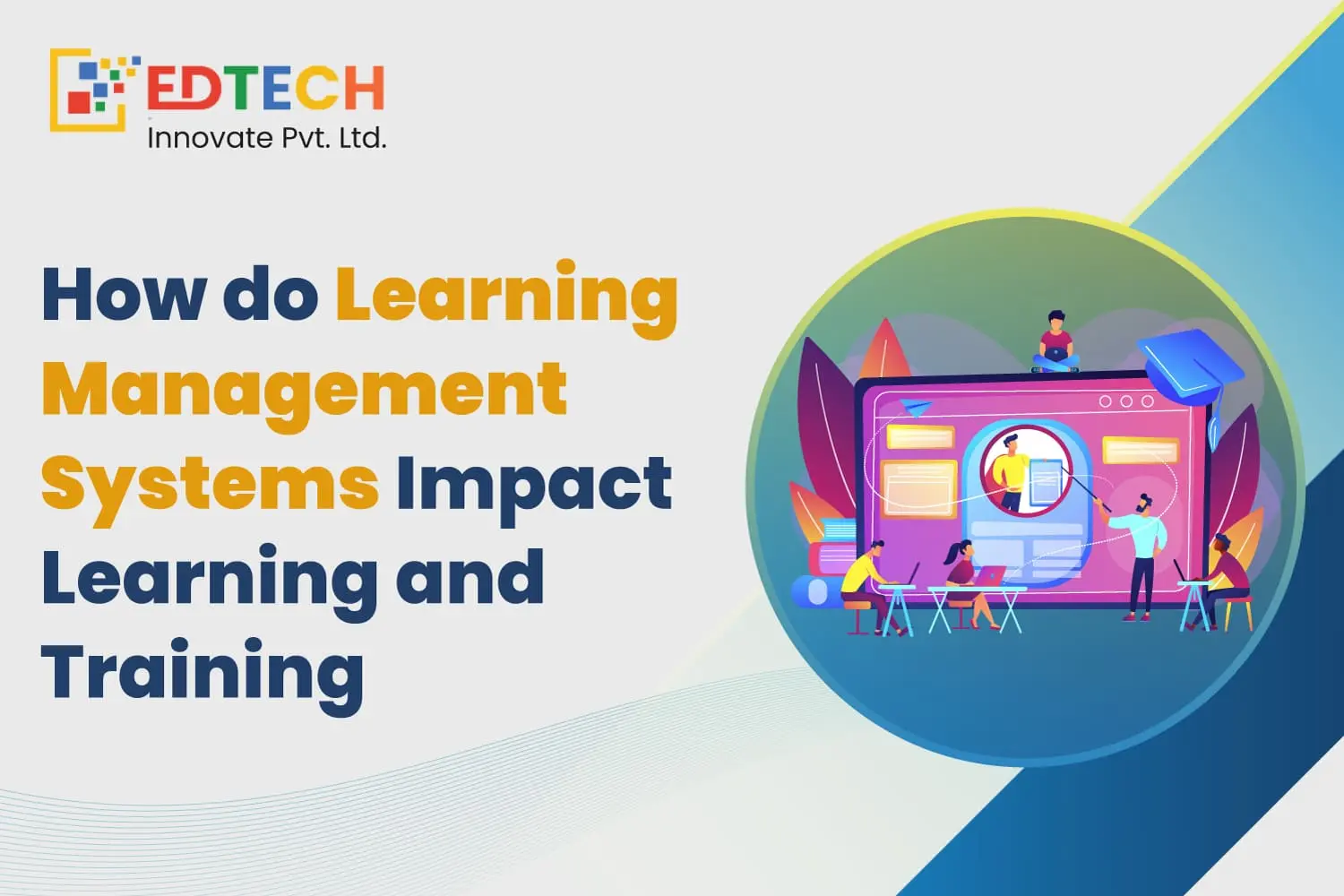Discover the best on...

For an educational institution, one of the most important tasks is to provide the right training, guidance, and education to their students, and to achieve this, educational institutions employ various tools and methodologies such as highly qualified and experienced faculty, meticulously crafted course curriculum that aligns with the industrial standards, and other facilities like library services, placement cell, etc. But to ensure that all these resources are effectively delivered to the students, institutions need to implement an efficient learning management system. Students, educators, and the administrative staff can access these LMS platforms for education to foster an innovative and engaging learning environment within the institution. In this blog, we will understand in detail the impact of the Learning Management System on the learning and training of students in the education sector.
Learning Management Systems (LMS) are automated software solution tools (online learning platforms for education) that help users create, organize, deliver, and track course materials including curriculum, timetables, exams, and assignments in a digital format. LMS software offers a comprehensive training management system to improve the learning experiences of students with precision and ease. One of its key functionalities is the ability to streamline training operations via a unified platform, simplifying content delivery to the students and establishing communications between users including students, educators, and administrative staff through seamless integration with diverse social media channels. The online learning platforms for education also ensure the sanctity and confidentiality of stored data of users through robust security features to prevent any misuse or data theft from third parties. LMS platforms for education offer various features for online learners to provide flexibility and affordability in learning. The learning management platforms are designed with a user-centric approach to provide multiple learning resources such as e-books, recorded lectures, gamified modules, e-library facilities, and skill and certification tracking tools.
Also Read- 10 Reasons Why Colleges Need Admission Software
In conclusion, the Learning Management System plays a pivotal role in the effective and efficient delivery of learning through online learning platforms for education to the students. This significantly improves the performance of students and helps educators to impart the course curriculum to the students. Administrative staff can also utilize this software to convey their messages to the connected users and capture their inquiries for feedback. You must carefully consider whether the learning management platforms are equipped with all the necessary features and tools that are required in your institution and employ the software to optimize the learning process and boost the productivity of your institution.
LMS software greatly benefits educational institutions by providing an automated platform through which course resources such as course curriculum, online lectures, exams, timetable scheduling, and other materials can be delivered to the students and track their progress.
Information and business activities inside an organization are managed by a Management Information System (MIS), whereas Learning Management Systems (LMS) are centered on educational processes, content delivery, and learning tracking.
Online learning platforms such as Learning Experience Platforms (LXP) or course marketplaces are focused on hosting online course content. Whereas, the Learning Management System (LMS) software does much more than just that. This software tool also provides features that facilitate performance tracking, notification and reminders, payment dashboard, and communication channels, among others.
© Copyright 2024 All Rights reserved by Edtech Innovate Pvt Ltd